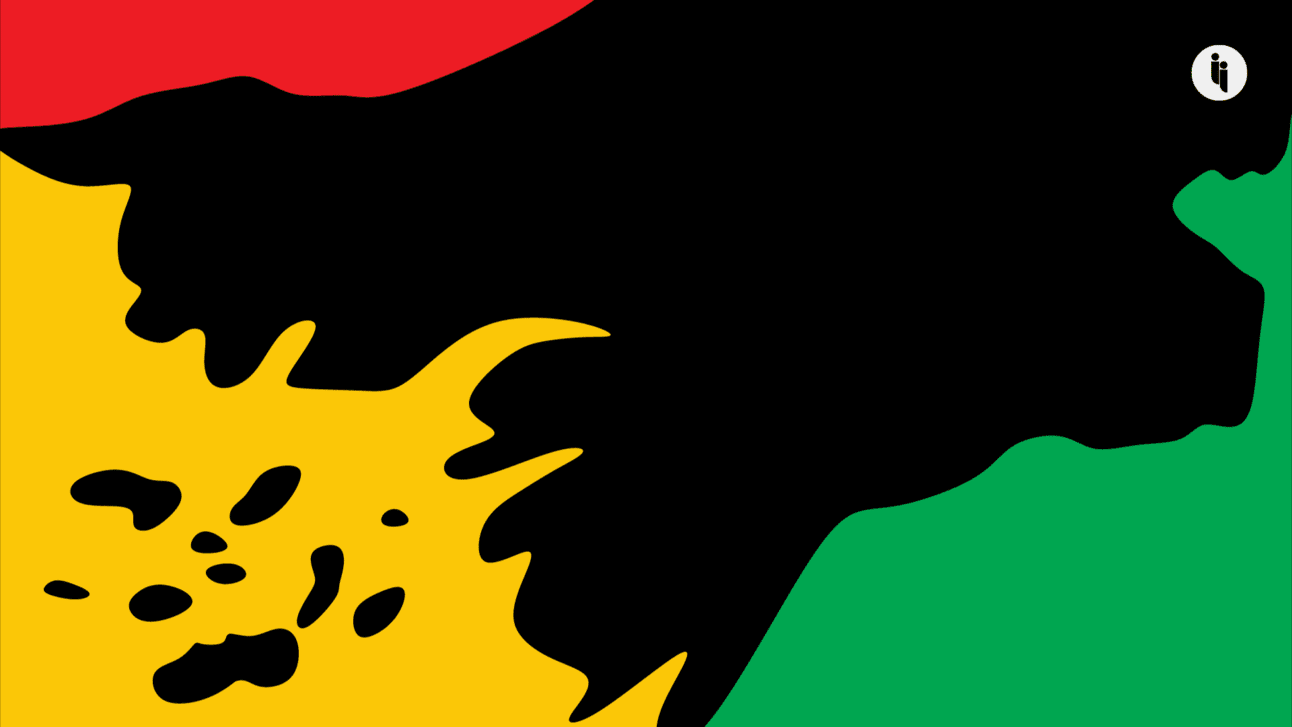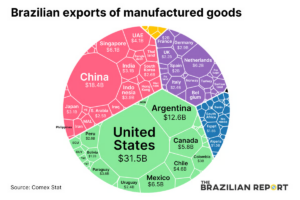Folks in Guinea-Bissau’s capital (Bissau) have gone without power since early Tuesday after the government missed payments to its energy supplier.
The Turkey-based power company, Karpowership, has supplied the country with electricity since 2019. But with $17M in unpaid payments piling up, it says it can no longer operate its local power station.
Intrigue’s take: We write often about US-China competition and the way it plays out through infrastructure and debt around the world. But this story is a reminder of how things can look from Bissau and beyond, where options are limited.
Stay on top of your world from inside your inbox.
Subscribe for free today and receive way much more insights.
Trusted by 151,000+ subscribers
No spam. No noise. Unsubscribe any time.
Also worth noting:
- Karpowership shut off electricity in Sierra Leone’s capital last month due to $40M in missed payments.








